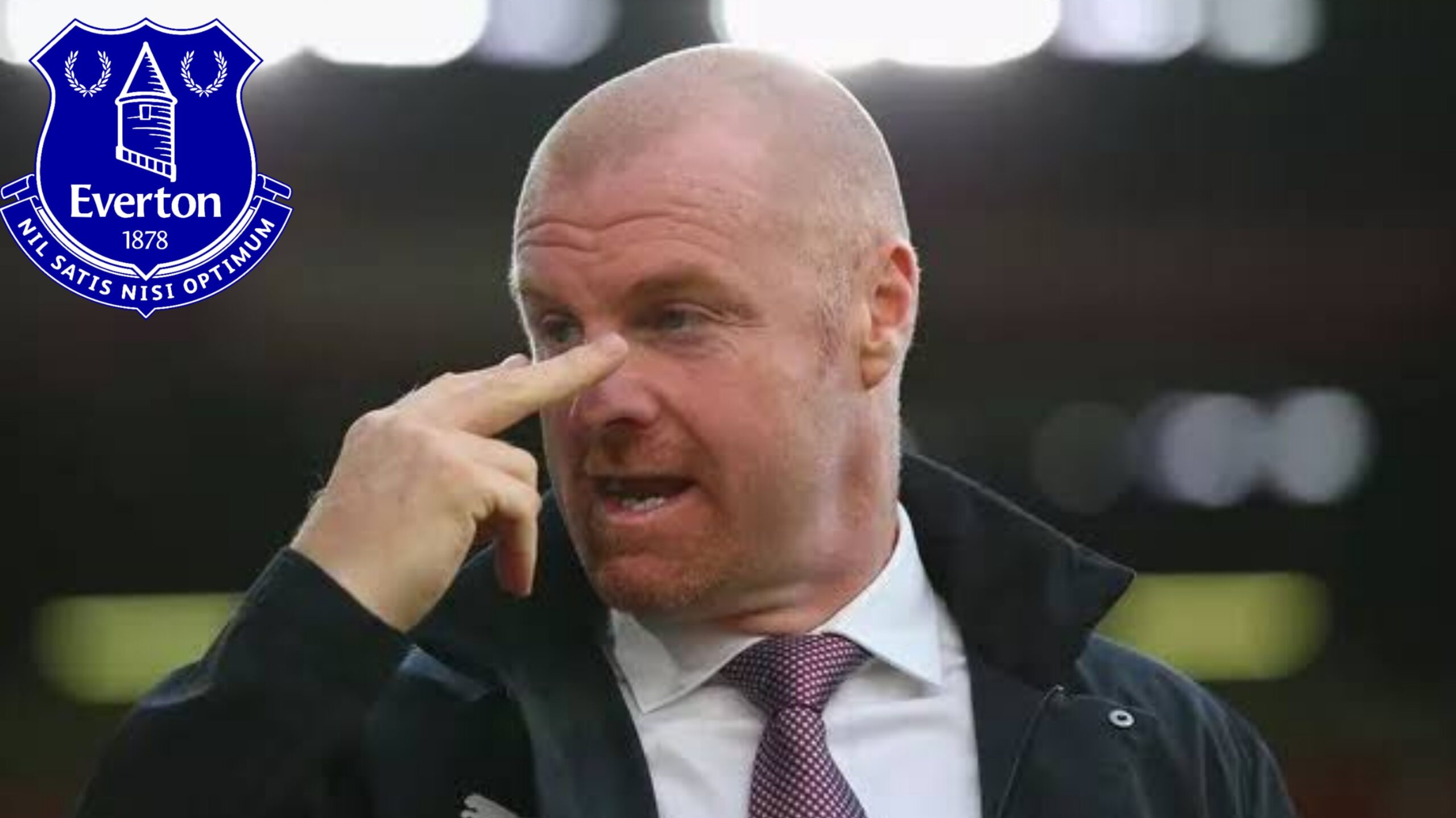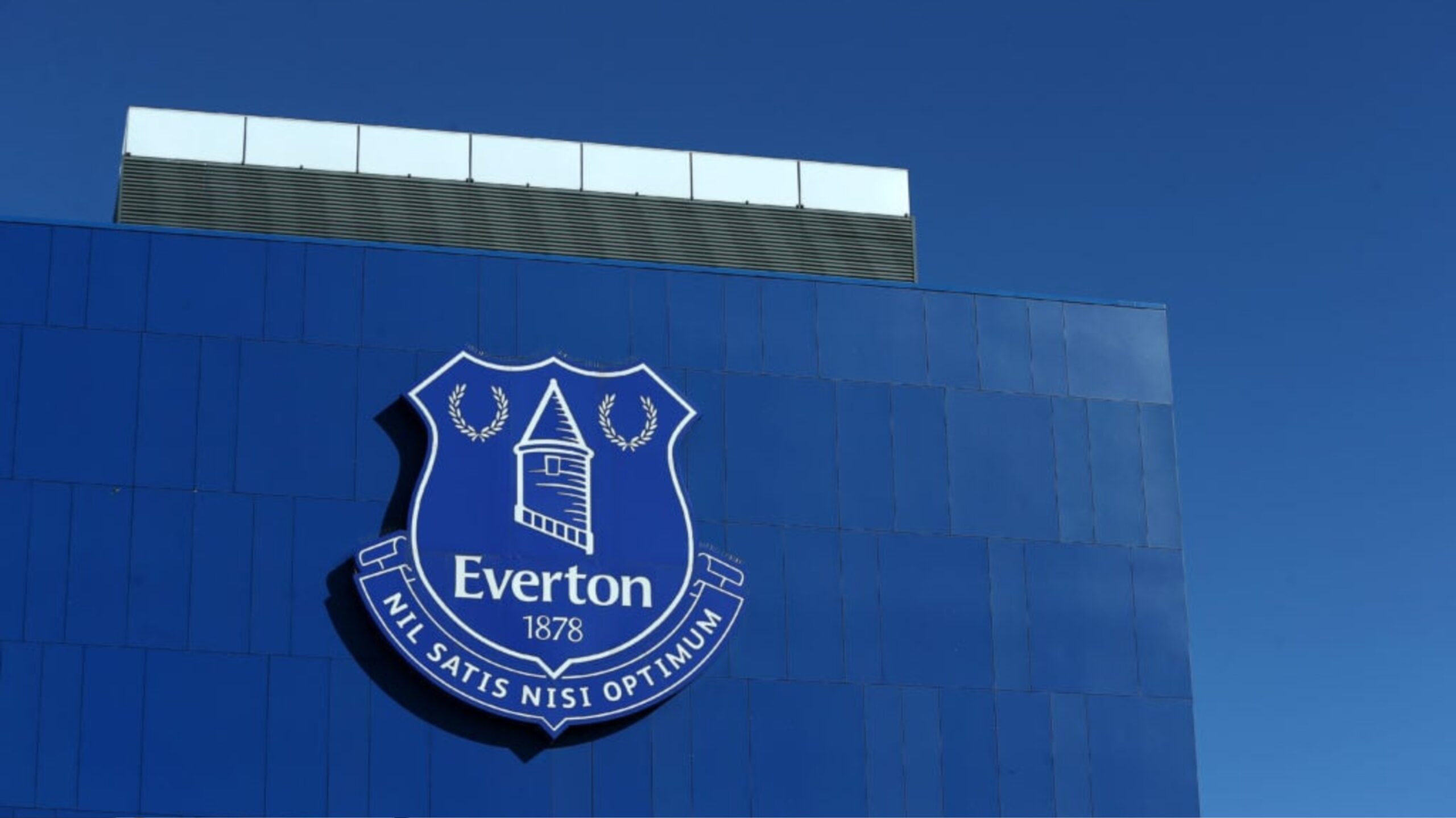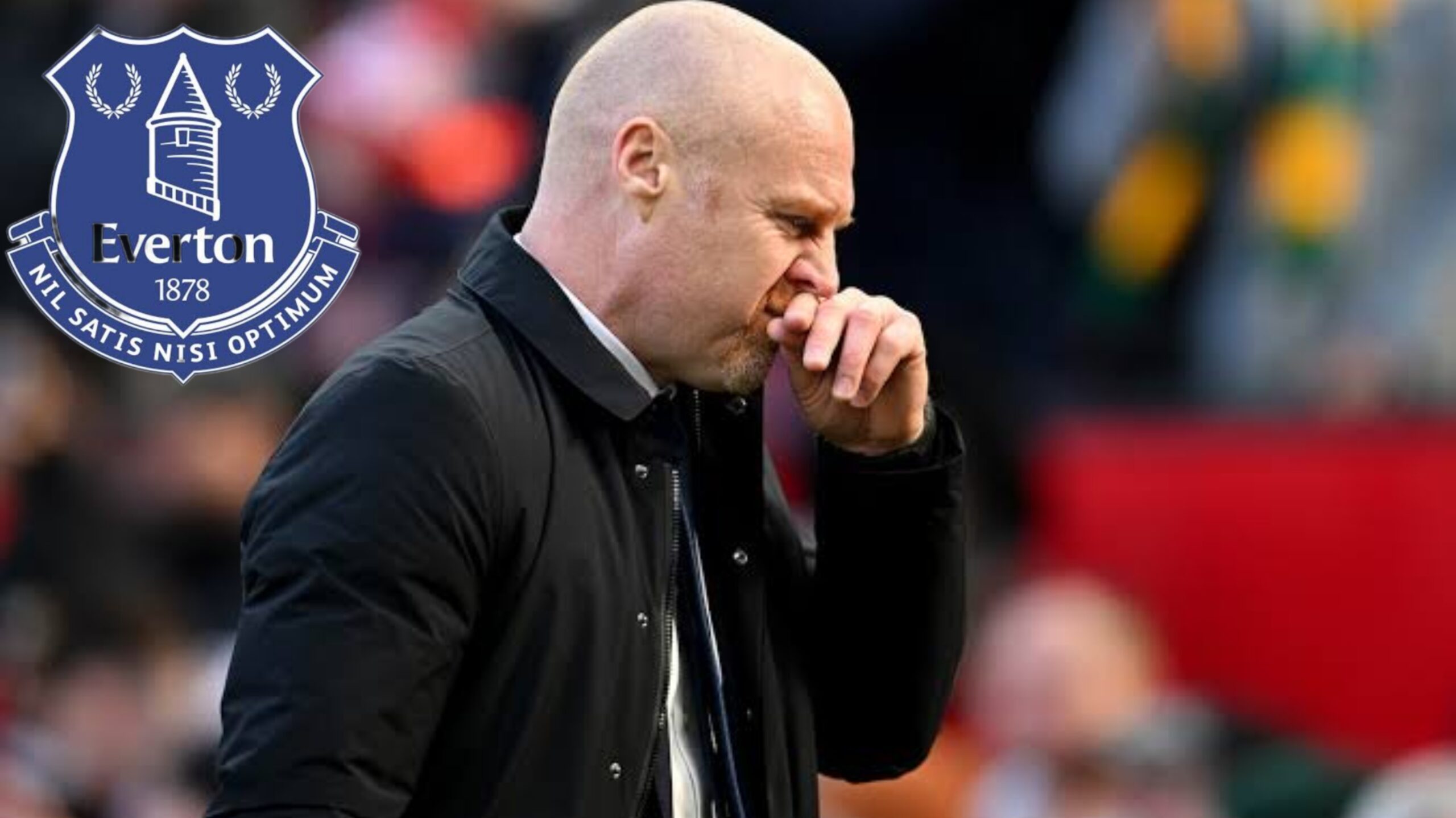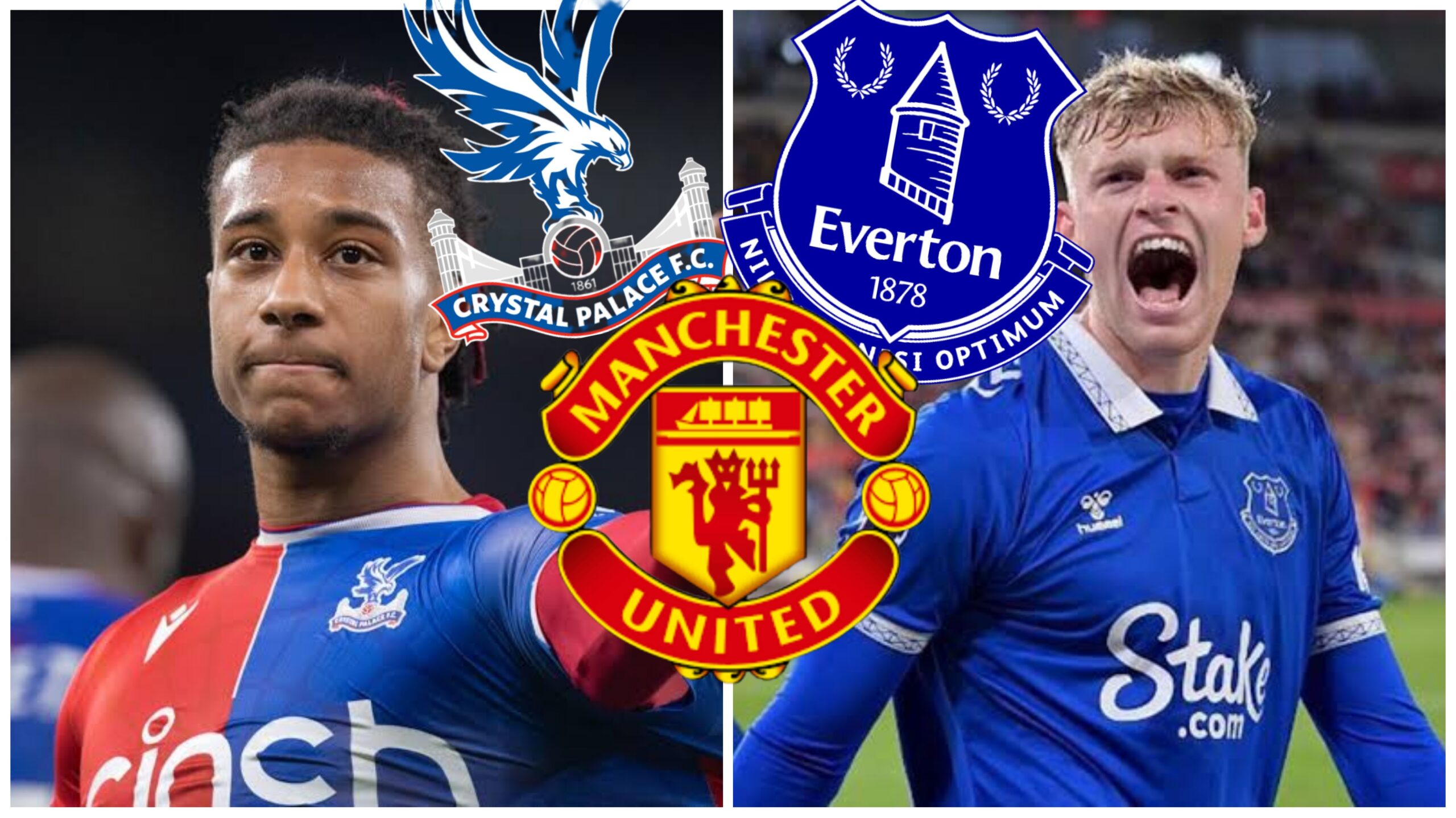Everton FC finds itself at a critical juncture regarding the Premier League’s financial regulations.
Despite losing two previous battles over spending rules, the club is preparing a robust defense should it face a third confrontation.
While the situation appears dire externally, there’s cautious optimism that Everton might yet comply with Profit and Sustainability Regulations (PSR) for the first time in three years.
The potential transfer of Lewis Dobbin to Aston Villa could significantly improve their financial standing, with any additional transactions before month’s end further bolstering their position.
Barring any unforeseen issues in their accounts, even a minor breach of the £105 million three-year loss limit could be defendable.
The club’s predicament exemplifies the potential pitfalls of current financial rules, which risk trapping struggling teams in a cycle of instability.
Last season’s unprecedented points deductions exacerbated Everton’s troubles, paradoxically hindering their ability to achieve the very sustainability the regulations aim to promote.
Without these penalties, the club would have finished higher in the league, securing additional merit payments that could have aided their PSR compliance.
Everton’s strongest argument centers on the ongoing uncertainty surrounding how interest on stadium-related loans should be accounted for.
This unresolved dispute with the Premier League could significantly impact PSR calculations, leaving the club in a precarious position of trying to comply with rules that remain unclear.
As the PSR compliance deadline looms, unintended consequences are emerging.
Transfer deals are being influenced by PSR considerations, potentially encouraging the sale of youth products over their development.
Moreover, financially stronger clubs may exploit the vulnerability of those at risk of breaching regulations, as evidenced by Manchester United’s low offer for Jarrad Branthwaite.
These developments raise questions about the efficacy and fairness of the current financial regulatory system in football, particularly its impact on club sustainability and youth development.





